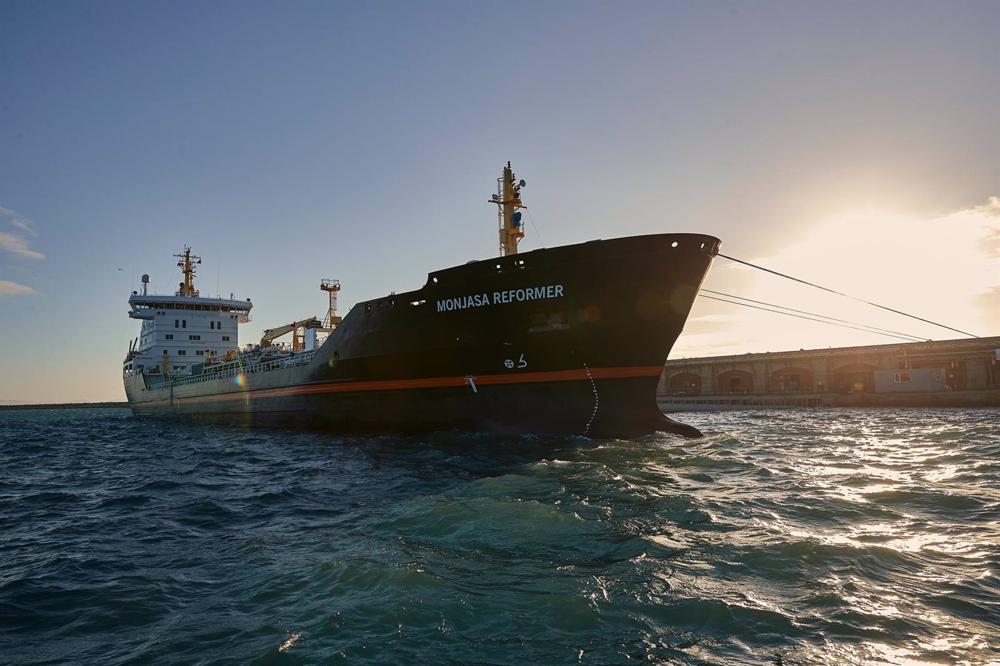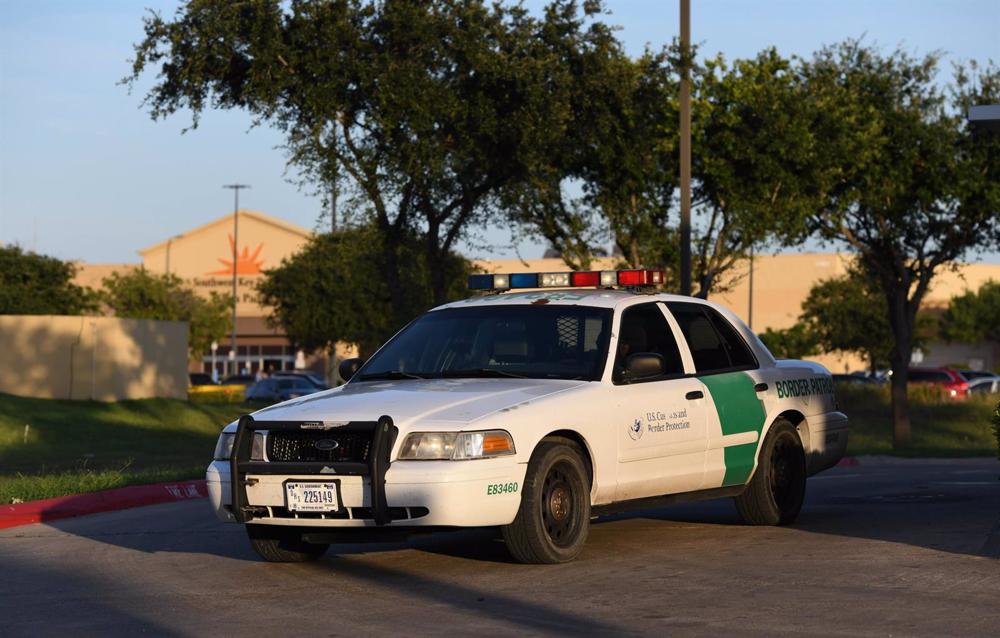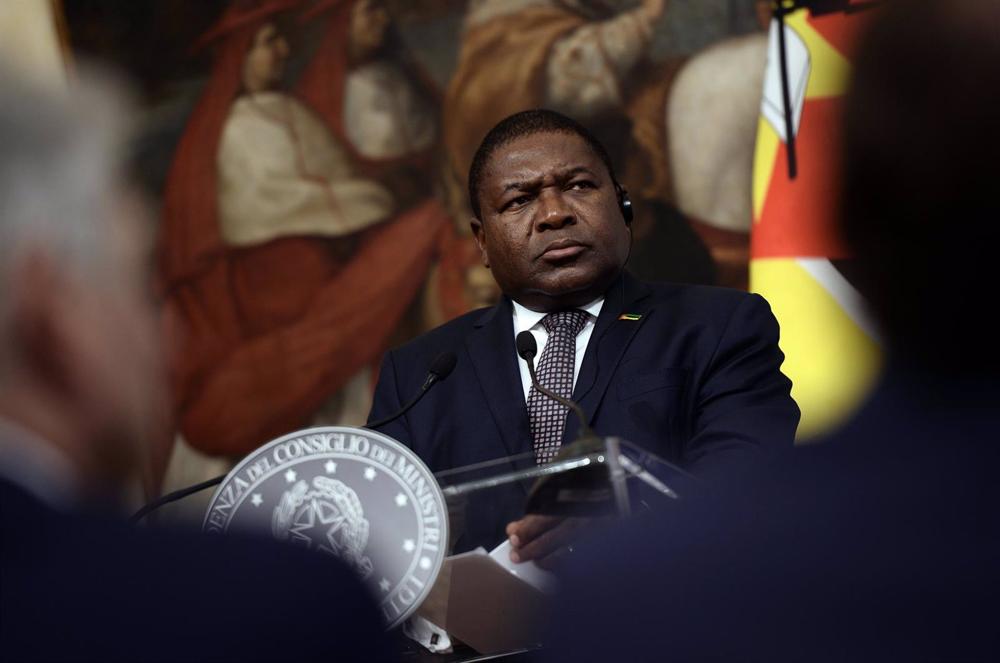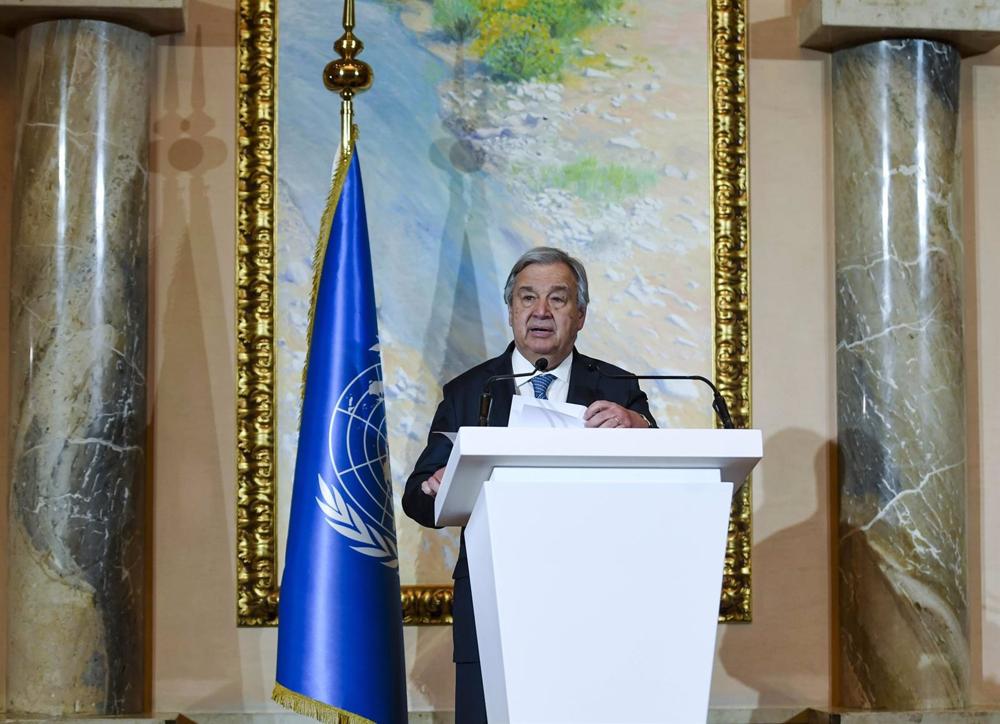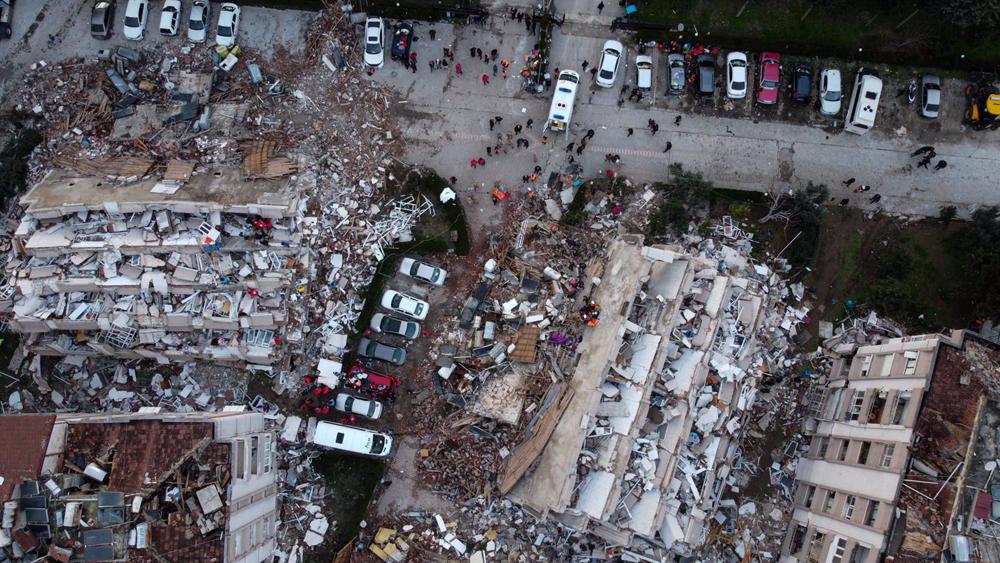
The non-governmental organization Save the Children on Wednesday expressed its «enormous concern» about the situation of those affected by Monday’s earthquakes in Turkey and Syria, which could amount to 23 million, including 1.4 million children, and said that «the scale of the devastation affects everyone living in the affected area» and that it is «incredibly difficult» to move aid to the affected areas.
«It’s incredibly cold in Syria right now. We are extremely concerned that many people, including children, may still be trapped under rubble. Others remain homeless and are coping as best they can, including sleeping in cars,» said Save the Children’s Syria Media and Communications Director Kathryn Achilles. «We are particularly concerned about children sleeping rough in sub-zero temperatures,» she added.
She noted that among those affected are «local Save the Children partners and their families» and explained that «when people whose job it is to deliver humanitarian aid are also affected, it is even more difficult to get much-needed aid to the region.» «This is on top of damaged roads throughout Turkey and Syria, so getting aid to the affected areas is incredibly difficult. The international community needs to do all it can to support local humanitarian actors,» said Achilles.
The organization has launched a humanitarian response to help those affected and is working closely in Syria with partners to assess the extent of the damage and provide the support children desperately need as the situation becomes clearer. In the case of Turkey, it has established a response team that will support the national emergency response across the region, in close coordination with the government and key stakeholders.
Mustafa, the fictitious name of a 41-year-old man living in the Turkish city of Gaziantep, has recounted that he was awakened by the sound of the television falling to the ground. «I quickly gathered my five children and my family and left the building. We are currently staying in prefabricated containers where there are more than 20 children and their families in need of help. We have no access to gas, electricity or basic services. We are all distressed. My cousin’s son is too scared to be in enclosed areas and now only sleeps in the car,» he said.
For their part, Action Against Hunger staff in Syria and their emergency team in Turkey are supporting the response. Thus, its teams in the Syrian city of Aleppo «are carrying out a rapid needs assessment together with other agencies to identify priority response needs,» as detailed by the NGO’s mission director in the Arab country, Dariusz Zietek.
«The identified temporary shelters have been assessed together with the Syrian Arab Red Crescent and lists of medicines needed have been received from the Aleppo Health Directorate. Given Action Against Hunger’s experience in rehabilitating water and sanitation systems in the area, water needs have also been assessed. There is an urgent need for water trucking services and the water supply to the affected neighborhoods has been cut off so that it does not hamper rescue operations,» he stressed.
Zietek has stressed that a «large-scale» humanitarian response is needed in Syria to support people in vulnerable situations after a decade of conflict and in the face of the economic crisis and winter storms. «Helping people cope with the aftermath of this emergency requires the provision of life-saving water, food and shelter,» he said. «Organizations such as Action Against Hunger, which are already present in the affected areas, are best placed to provide this assistance because of their on-the-ground knowledge and rapid response capacity,» he stressed.
Daniel Martín, director of the organization in Colombia, who was with his family in Gaziantep for personal reasons during the earthquakes, pointed out that in Turkey «the situation is still insecure» and that «there is a lot of uncertainty». «The vast majority are sleeping in cars, because many houses have large cracks and until the buildings are evaluated it is not safe to return», he specified.
«In our house there was no gas, electricity or drinking water, but more than help, which is needed, psychological support would be necessary. It will be difficult for rescue and humanitarian personnel to help if they don’t receive this psychological support. There are people very affected by what happened,» he added. «We had just arrived that night. We were asleep and obviously we got up running to grab the children and get under a door frame. The earthquake lasted a minute and a bit, but it seemed like it was never going to end,» he said.
«The house was swaying like a sail. Of course, we couldn’t run because it was snowing and we had to put clothes on the children, get some blankets. We went out and took shelter in a wooden hut near the house, so the children wouldn’t get wet. In the morning, when we were able to return home to pick up some things to leave, the second earthquake occurred. All in all, we were lucky,» he said.
The earthquakes, which had their epicenter in the Turkish province of Kahramanmaras, near the Syrian border, have so far left more than 9,600 dead and 45,000 injured in both countries, according to the latest estimates. In Turkey, more than 7,100 people have been confirmed dead, a figure to which must be added 1,250 dead in the areas of Syria controlled by the authorities and more than 1,280 in rebel-held areas in the provinces of Idlib and Aleppo (northwest), the Syrian Civil Defense, known as the ‘white helmets’, has said.
Source: (EUROPA PRESS)
